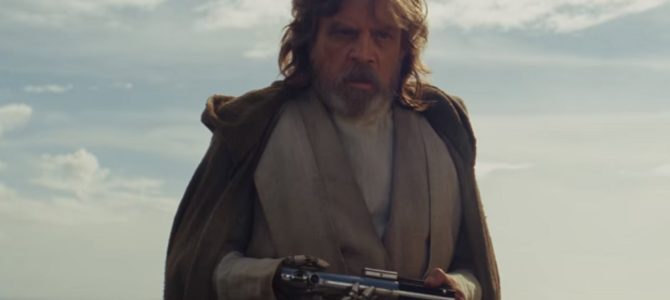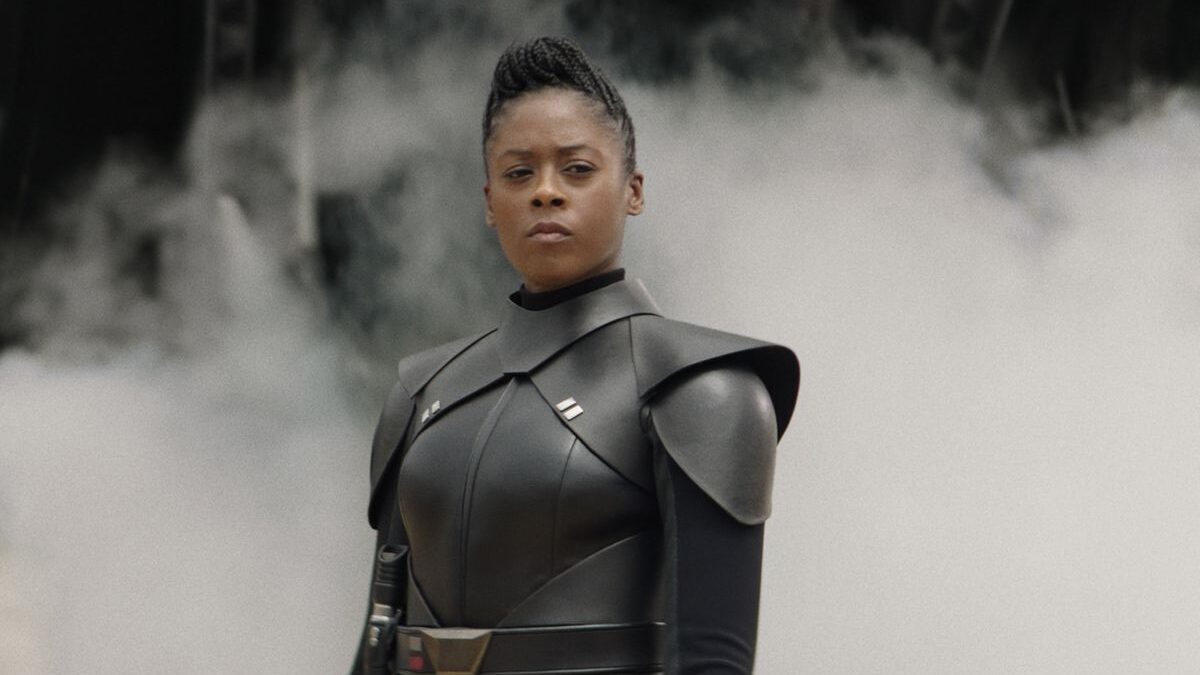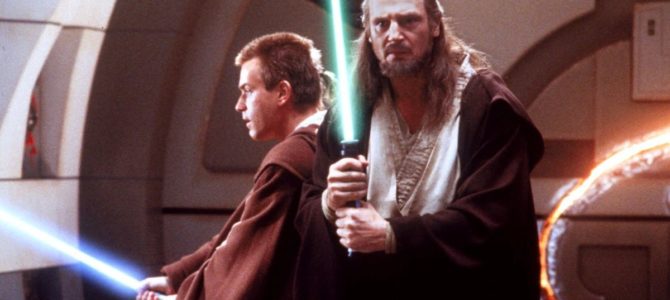
This article contains major spoilers.
“Star Wars: The Last Jedi” is a polarizing film, to say the least. There is actually an online petition to remove it from Star Wars canon. I enjoyed it quite a bit, except for one major plot detail that has been bothering me since I left the theater.
It is hard to tell whether we should celebrate Luke Skywalker as a hero. In one sense, he sacrifices his life to protect the remaining members of the Resistance, but on the other hand, he sacrifices his life at a safe distance by only sending his Force-projected self to battle Kylo Ren. This exposed him to absolutely no danger.
Yes, he did die, but it was because of exhaustion rather than any real threat to his life. Arguably, he was done in by his age and physical condition rather than by Kylo Ren. Yet it is almost like coming to the end of “The Lord of the Rings” and realizing that Frodo was simply dreaming the entire time. He could be the hero of the story, but there were no stakes. There is no risk, and without risk, there is no glory.
A Broken Fairy Tale
The author and theologian G.K. Chesterton wrote in “Tremendous Trifles,” “Fairy tales do not give the child his first idea of bogey. What fairy tales give the child is his first clear idea of the possible defeat of bogey. The baby has known the dragon intimately ever since he had an imagination. What the fairy tale provides for him is a St. George to kill the dragon.”
In describing fairy tales further in his masterwork, “Orthodoxy,” Chesterton explained, “Fairyland is nothing but the sunny country of common sense. It is not earth that judges heaven, but heaven that judges earth; so for me at least it was not earth that criticized elfland, but elfland that criticized the earth.”
It is not hard to see how Star Wars fits this mold of a fairy tale. In its universe, common sense still prevails yet imagination is allowed to reign. I may never be able to physically create my own light saber, but I certainly can imagine a sword made of light that can slice through just about anything. I might not be able to imagine a giant spaceship that can destroy a planet, but I can consider how large and powerful something like that must be.
The film must contend with Chesterton’s first statement, about overcoming dragons. Fairylands are the domain of common sense, and common sense tells us some things are simply right, much in the spirit of C.S. Lewis’ Tao. It is indeed right to take down the dragon that is terrorizing the village. The fact that we can imagine what it would take to defeat a dragon informs the characteristics we should have here on earth. As Chesterton said, the myth is going to inform our behavior in reality. We should be strong, brave, and noble because that’s what we would need to take down an evil dragon in a fairytale to save everyone we care about.
If He Never Faces the Enemy, He Loses His Heroism
With this thought in mind, it is also right to face the First Order’s brutal force to allow the Resistance to live and fight another day. That’s what bothers me about the ending of “The Last Jedi.” It is proper to bravely face those who want to do you harm.
Before I realized that Luke was indeed a projection, I was genuinely excited. He finally decided to come out of his self-imposed exile to fight for what is good. I was imagining it to be kind of like when Han Solo always flew in at the last minute in the Millennium Falcon, overcoming his own personal desires to instead do the right thing. I felt good about this hero coming back to his nobility.
Instead, as the final scene played out, the reality set in for me. This was not bravely facing pain and death. This was simply an illusion, and he knew it. Even though he did end up sacrificing his life for a good cause, it was not the danger that actually killed him. It was exhaustion. There is a big difference between Admiral Holdo looking death right in the face (perhaps my favorite scene of the movie) and Luke Skywalker’s simple overexertion on a ledge overlooking the ocean.
The projection of Luke Skywalker did not need to result in death. Perhaps if he had been in better shape and not as worn down from his years of isolation, he could have projected himself with no ill consequences. He was safe from everything but his own physical condition. There is nothing particularly brave about dealing with your own physical self.
To the contrary, entering battle against an entire arsenal of First Order firepower could result in death even for the best warrior. If Luke Skywalker was able to come out on top despite the seemingly insurmountable odds, I would understand the heroism. He put himself in there, and he killed the dragon. It would complete the fairytale. Even if he failed and died in the process, he would have displayed genuine strength and sacrificial love of not only his sister but the Resistance.
Every good adventure story has a hero. Unfortunately, despite greatly enjoying most of the movie, that decision to end with a hero not actually doing anything heroic has bothered me ever since I left the theater. Despite being a solid movie overall, “The Last Jedi” missed the mark.









